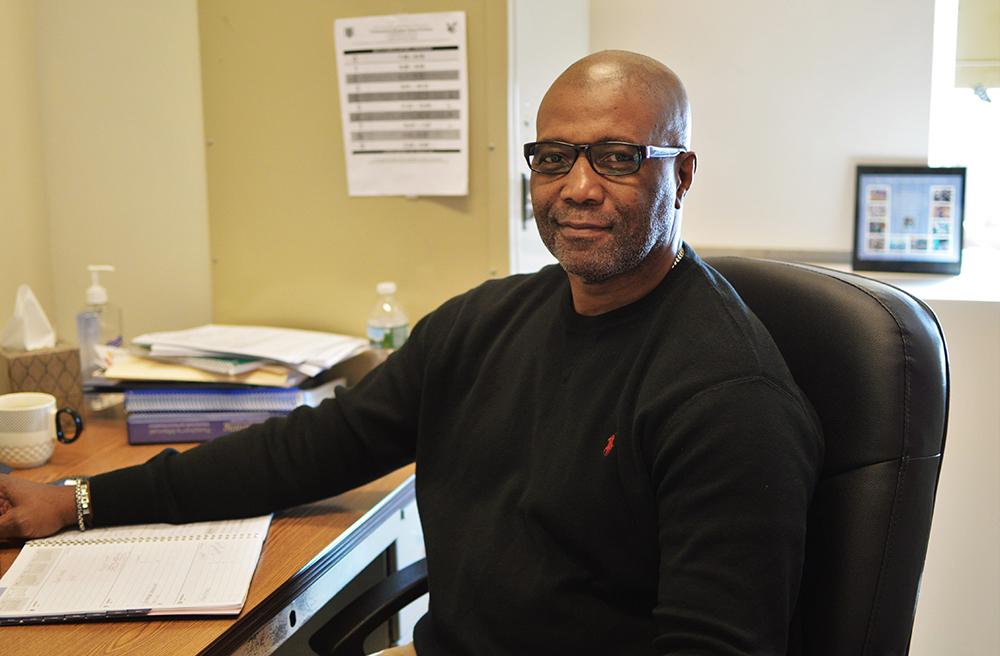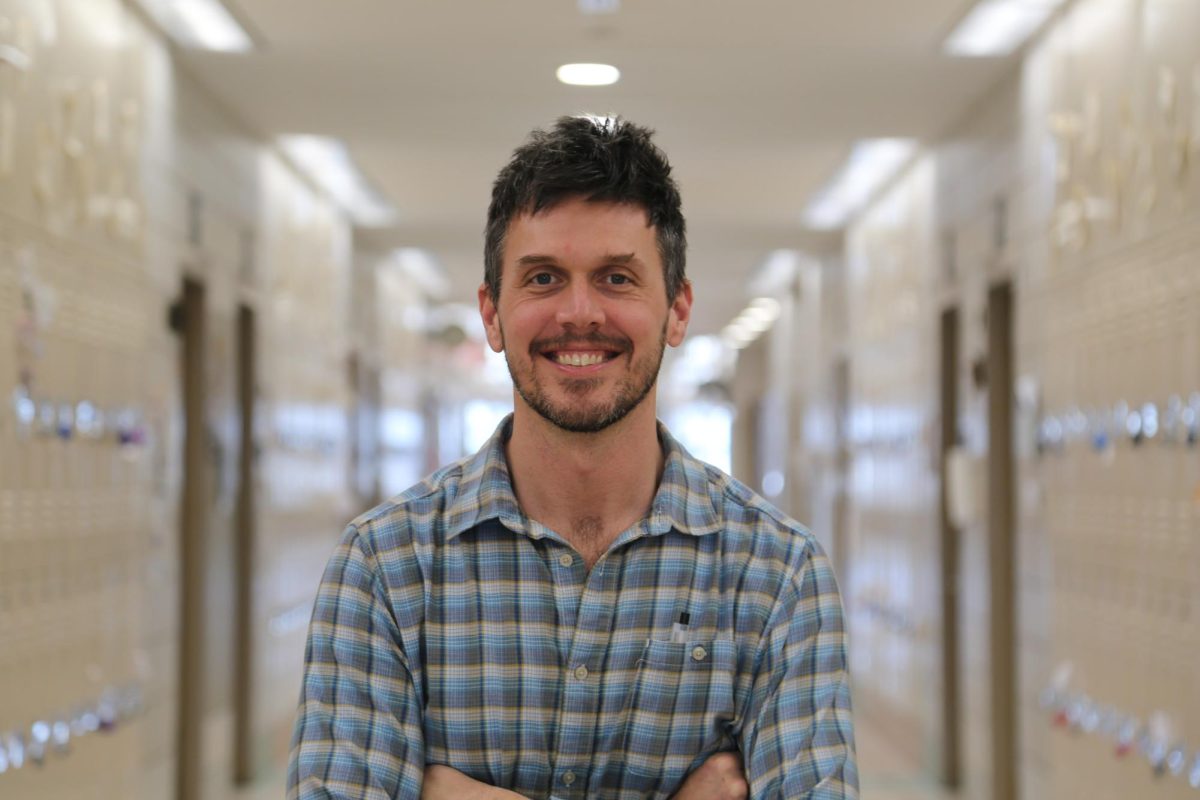
Written by Dylan Fromm
Townsend Harris High School students often shy away from visiting their guidance counselors for certain issues. To combat this, THHS welcomed Guidance Counselor Rondell McClary. However, Mr. McClary is not an average guidance counselor; he is a Prevention and Intervention Specialist, as well as a Youth Developer.
Mr. McClary aims to make a safe and supportive environment for students and build healthy relationships with them over time. When addressing his job as a youth developer, he says, “I am working to talk about issues [such as] drugs, difficulties with parents, stress from academics, pressure, all the ills. I’m here, as a form of support and to talk with them about the problem and to explore it so they can make healthy decisions.”
Mr. McClary, who spends his free time on the basketball court, recounts that when he was younger, children were silenced and were not acknowledged. This in turn played a crucial role in eventual decision to become a youth developer. “[When I was younger], you couldn’t express yourself. That was something that bothered me, and I still see it,” he said.
THHS is regarded as an open forum for students, but for the few that feel they cannot talk to their peers or adults, Mr. McClary assures that he will stand by them. He commented, “They don’t have a venue to express themselves or talk about what they feel; it’s just me wanting to help, me wanting to be there.”
It’s no secret that students have problems that are regarded as ‘separate’ when compared to other schools. Mr. McClary acknowledged, “The staff is wonderful, the students are wonderful, this is a great school.” However, he noticed that the academic pressures that students put on themselves are unique and clarified, “A lot of young people are stressed, I won’t say depressed, but unhappy. There’s something I’m trying to establish here, to try to make this school a place where people can come and talk to counselors about some of their concerns and not walk around suppressing their emotions.”
Mr. McClary’s substantial challenge that prevents him from working with students is the lack of interest or knowledge in his program. He is actively working in school to tell students it’s alright to talk about their feelings and making himself available. He has put up numerous posters advertising his office, making individual class trips, and encourages people to visit him. He realizes students are hesitant in trusting an adult with their problems, and admits, “Initially, it’s going to be hard, but I think if they come in and talk. [They] will realize that it’s a safe and supportive environment and the trust will gradually come.”
As parting advice, Mr. McClary offers, “I want to let students know someone’s here to support them and they don’t have to be afraid, that this program is meant to empower them mentally and that this is a place where you can deal with stuff without worrying.”



























